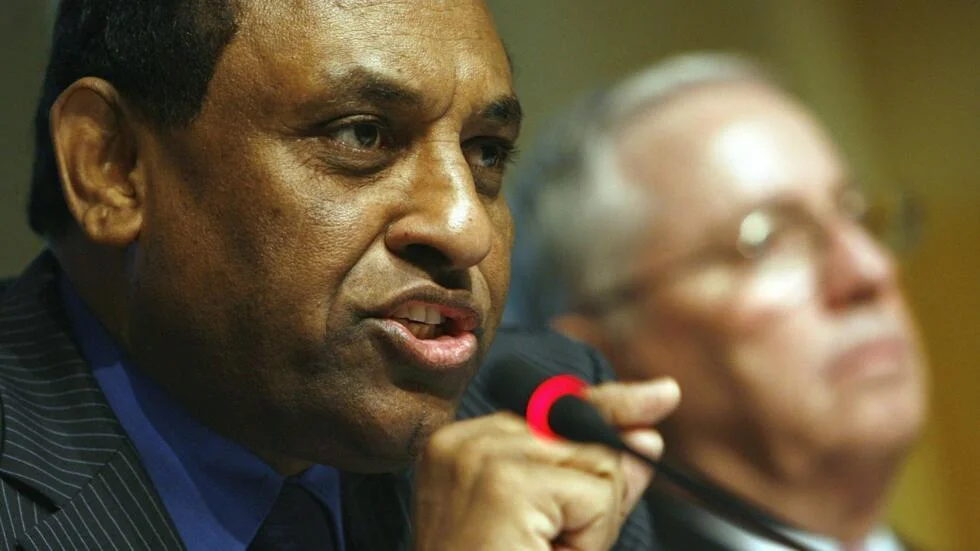Sudan’s military leader, General Abdel Fattah Burhan, has appointed Kamil Idris, a former United Nations official and ex-presidential candidate, as the country’s new prime minister, marking the first such appointment since a 2021 coup ousted civilian leadership.
The announcement made on Monday, May 19, 2025, comes as Sudan grapples with a devastating civil war between the Sudanese Armed Forces (SAF) and the paramilitary Rapid Support Forces (RSF), raising questions about the extent of the new prime minister’s authority.
Kamil Idris: A New Prime Minister in a Time of Crisis
Kamil Idris, known for his tenure at the United Nations and a prior presidential candidacy, steps into the role of prime minister at a critical juncture.
This appointment follows Burhan’s brief designation of diplomat Dafallah al-Haj Ali as acting prime minister less than a month ago, a move that appeared to have little impact.
Idris is the first formal prime minister appointed since the 2021 coup, which dismantled a transitional civilian government and installed a military-led caretaker administration.
The extent of Idris’ power remains uncertain, as Sudan’s ongoing conflict severely limits governance.
There have been skepticism about the significance of the appointment, with some describing it as a strategic move by Burhan to consolidate control rather than a step toward meaningful governance reform.
Political Reshuffles
On the same day, Burhan made additional appointments, reinstating Salma Abdel Jabbar Almubarak to the ruling Sovereign Council and Nowara Abo Mohamed Mohamed Tahir as a new member of the governing body.
These moves follow the SAF’s recapture of the capital, Khartoum, from the RSF in late March 2025, which had raised expectations for a new civilian prime minister and a restructured government.
The SAF and RSF who were once allies in the coup, turned rivals, that led to a conflict that has killed thousands and displaced over 10 million people, according to UN estimates.
The RSF’s recent drone attacks on Port Sudan, the wartime capital, have further weakened the army-led government’s position.
Challenges Ahead for Idris and Sudan
Idris inherits a nation in crisis, with limited resources and a fragmented power structure.
The war has devastated Sudan’s economy and infrastructure, with food insecurity affecting millions.
A UN-backed report warns of famine risks in conflict zones, and humanitarian aid efforts are hampered by ongoing violence.
The appointment of a prime minister may signal an attempt to stabilize governance, but analysts note that Burhan retains ultimate control, potentially limiting Idris’ influence to a symbolic role.
As Sudan’s conflict enters a dangerous new phase, marked by intensified fighting and drone warfare, Idris’ background as a UN official may bring diplomatic experience to the role, but also a formidable challenge.























